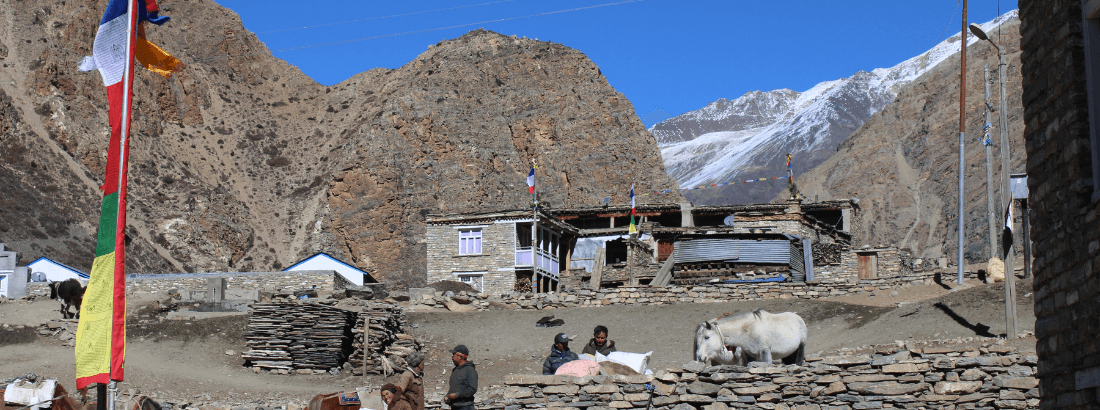Professor
Carsten Smith-Hall
Department of Food and Resource Economics
University of Copenhagen
This project will improve local livelihoods, elevate traditional knowledge, and strengthen national and regional approaches to sustainable biodiversity-based trade.

Local livelihoods and biodiversity in the high-alpine Himalaya are threatened by wild plant and fungi overharvesting, climate change, illegal trade and inequitable supply chains. This has an impact across the region.
There are significant opportunities to improve both sustainability and trade of wild-harvested forest products, scaling up successful pilots in Nepal, linking to major markets (e.g. India and China).
This project will improve local livelihoods, elevate traditional knowledge, and strengthen national and regional approaches to sustainable biodiversity-based trade. It will benefit not only the Himalayan region but also serve as an example for other biodiversity-rich areas worldwide.
The partners aim at conserving Himalayan plants and fungi through sustainable trade, empowering local communities, protecting fragile ecosystems, and transforming the trade of wild-harvested ingredients to be more equitable and sustainable. This collaborative effort is dedicated to driving positive change, ensuring that both people and nature thrive in the Himalayan region.
We build on previously successful projects in the Western Himalayas, expanding our efforts across the region. We honour the use of traditional knowledge while working within national and international guidelines to protect nature.
1: Improve conservation, resource management and sustainable trade capacities and capabilities with particular attention to excluded groups
2: Develop pathways to improve livelihoods of harvesters from long-term, sustainable, equitable trade in wild plants and fungi
3: Deploy participatory land and species management and monitoring approaches
4: Enable sustainable Himalayan wild plant and fungi products value chains from harvest to consumers, based on traceable, certifiable trade
5: Amend policies, trade agreements, and legal frameworks along the trade chains from Nepal to consumer countries to include provisions for sustainable, traceable trade in wild plant and fungi ingredients, in line with CBD and CITES commitments
| Name | Title | |
|---|---|---|
| Carsten Smith-Hall | Professor, Head of Section |
|
| Christian Baldassari | PhD Fellow |
|